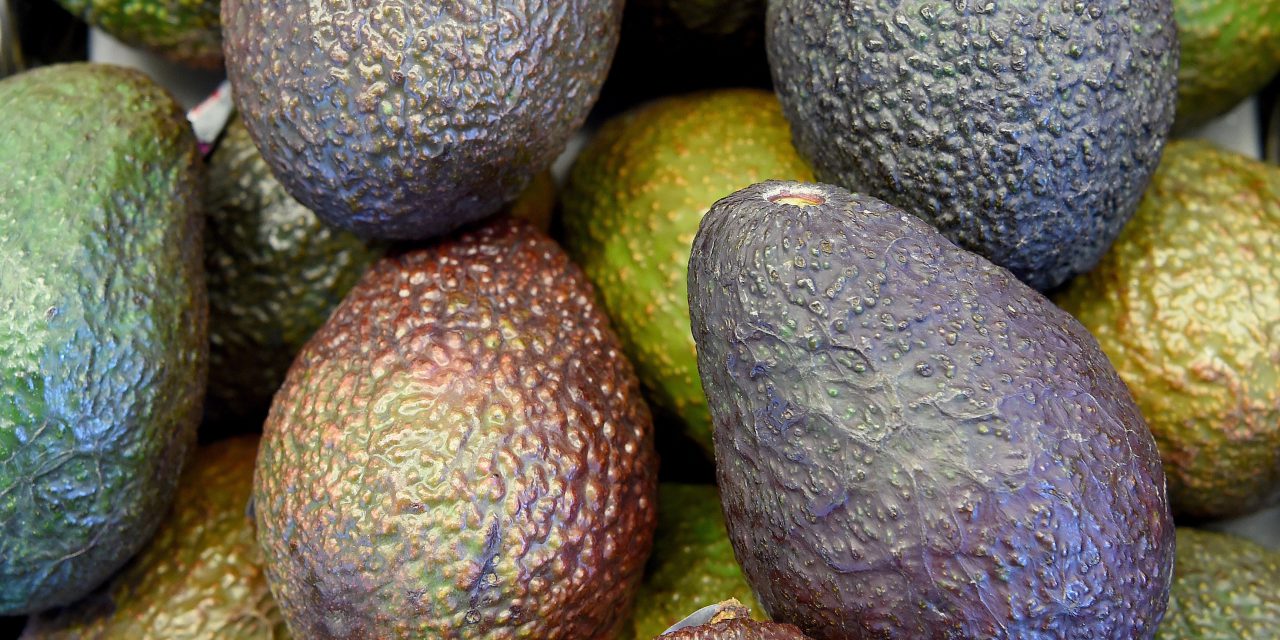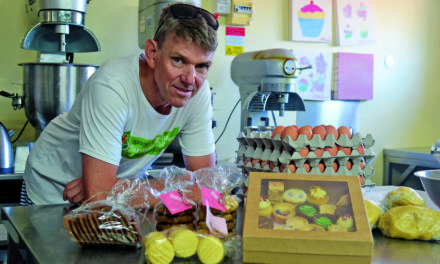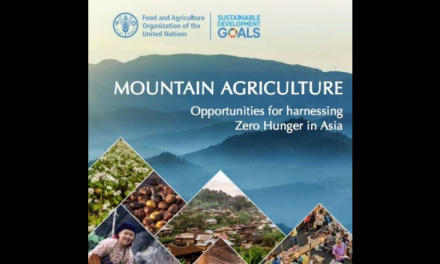With increasing market challenges, the Australian avocado industry has an opportunity to bolster productivity and profitability by moving beyond conventional growing and canopy management techniques.
That’s according to a report released today by 2018 Nuffield Scholar, Dudley Mitchell. Based in Bunbury, Western Australia, Mr Mitchell’s company HCMS Pty Ltd manages Avonova Farms, a 50-hectare avocado orchard that produces approximately 800 tonnes of fruit per year.
Mr Mitchell made the switch from consulting to avocado farming in 2009, and with support from Woolworths, his Nuffield research was motivated by a desire to grow a more sustainable and profitable future for the Australian avocado industry.
“Productivity is top of mind for Australian avocado growers, who are dealing with increasing land prices and decreasing availability of quality water resources. Faced with an underdeveloped export market, the industry is fast approaching a position where supply could outstrip demand in the domestic market,” Mr Mitchell said.
“As a result, we’re seeing more growers shift away from conventional techniques, to the use of high-density plantings and there is a need for the development of integrated models designed to help increase the productivity of canopy management,” Mr Mitchell said.
Mr Mitchell travelled to avocado growing regions in South Africa, Chile, North America, and New Zealand, seeking to identify practices that could be adopted or adapted in Australia to successfully manage intensified production.
“Chile has become a world leader in high-density avocado production, with producers there successfully growing trees to a stature that supports flowering and fruit set in the first year after planting, through to harvest in the second year,” Mr Mitchell said.
Mr Mitchell’s report reveals that although high-density production is a viable system to increase productivity in Chile, the growing technique is not suited to all growing regions.
“There are several complicating factors that impact capacity for high-density plantings in some regions, such as climate, soils and the interaction of the current varieties and rootstocks with these parameters under intensive management,” Mr Mitchell said.
“In California, growers have had adopted varieties that are horticulturally better suited to the high-density production, such as the GEM variety which has shown success in intensive systems and adaptability to extreme weather conditions.”
Though barriers to successful high-density propagation exist, these can be mitigated through a deeper understanding of the local climate and the cultivation of more horticulturally suitable varieties.
“With the Australian avocado industry facing increasing market challenges, growers need to explore alternative growing practices that will produce fruit in a more resource efficient way and strengthen the future sustainability of the industry,” Mr Mitchell said.
“High density production is an effective way to do this, and our focus on identifying new varieties that are more horticulturally adaptable to our climate and conditions must continue.”








